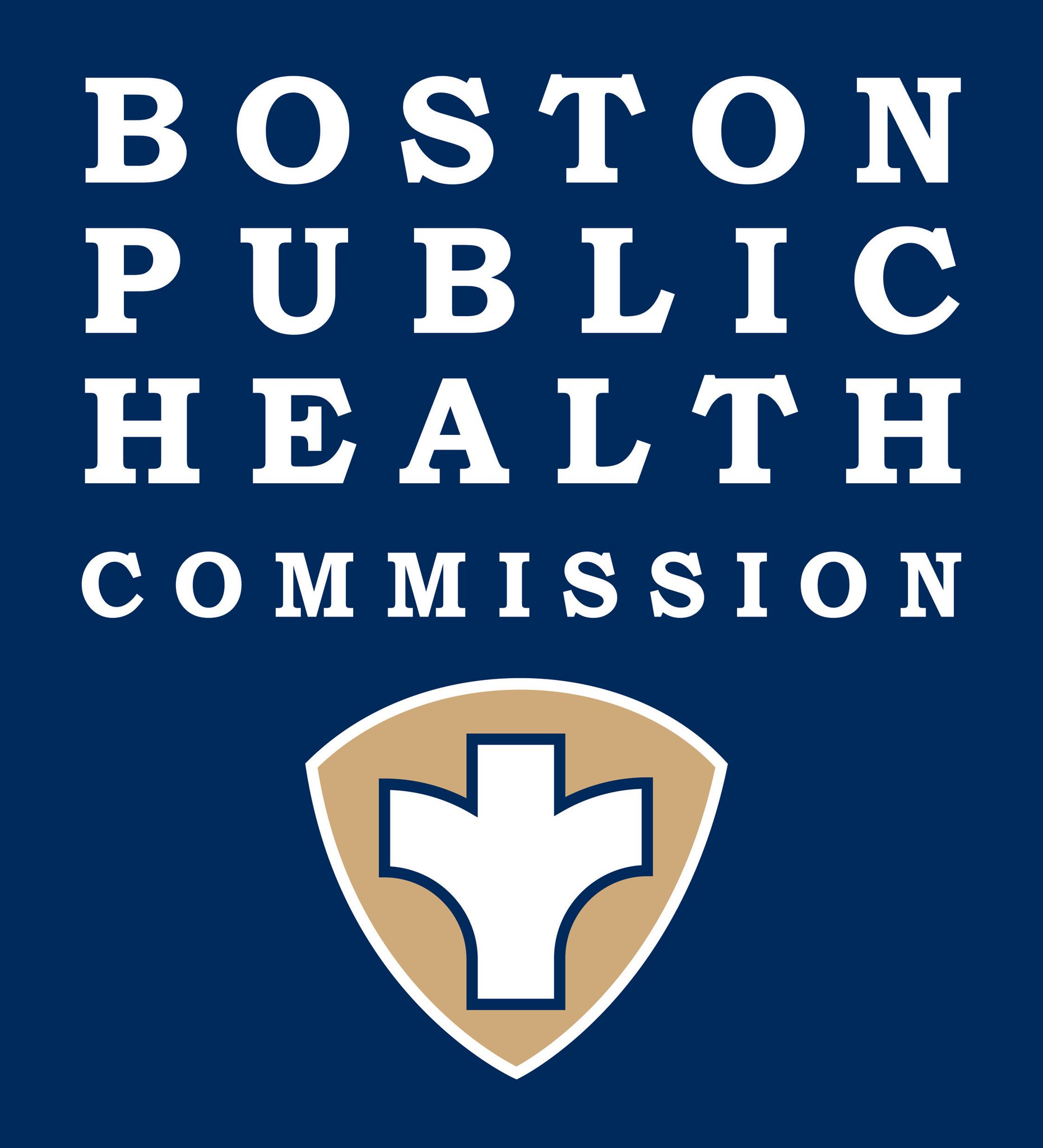A connector to services and a safe place, provided by the Boston Public Health Commission, in a part of the city that has been disproportionately affected by the opioid crisis
The Mass and Cass area of Boston has been decimated by the opioid crisis. Many services and people who use opioids are concentrated here. Piloted in 2017 and becoming a permanent space in 2018, The Engagement Center, run by the Boston Public Health Commission (BPHC), provides basic amenities such as bathrooms, a space that is safe, and access to medical, social, and recovery services. The program operates under the assumption that homelessness and stigmatization strips people down, so the Engagement Center aims to build people back up.
The program is “low threshold” so, other than illegal activity or violence, there are no criteria for those ages 18 and older to use this space. In other words, people can be under the influence of alcohol or drugs. Staff from the BPHC and partner organizations routinely rotate through the engagement center. These staff members can assess individuals and offer referral to services, such as the Supportive Place for Observation and Treatment (SPOT), which medically monitors those who are over-sedated and at high risk for overdose, Providing access to Addictions Treatment, Hope, and Support (PAATHS) for those who want to engage in treatment, the Access, Harm Reduction, Overdose Prevention and Education (AHOPE) program that provides harm reduction services, and the Boston Healthcare for the Homeless, which provides medical and behavioral healthcare along with social services such as housing.
Another feature of this program is that it balances public health with public safety. In addition, many community partners have provided activities and resources to the program. The Engagement Center is open seven days a week from 7am to 7pm and is supported as part of the city budget.
More information on the Engagement Center can be found in these presentations here and here.









